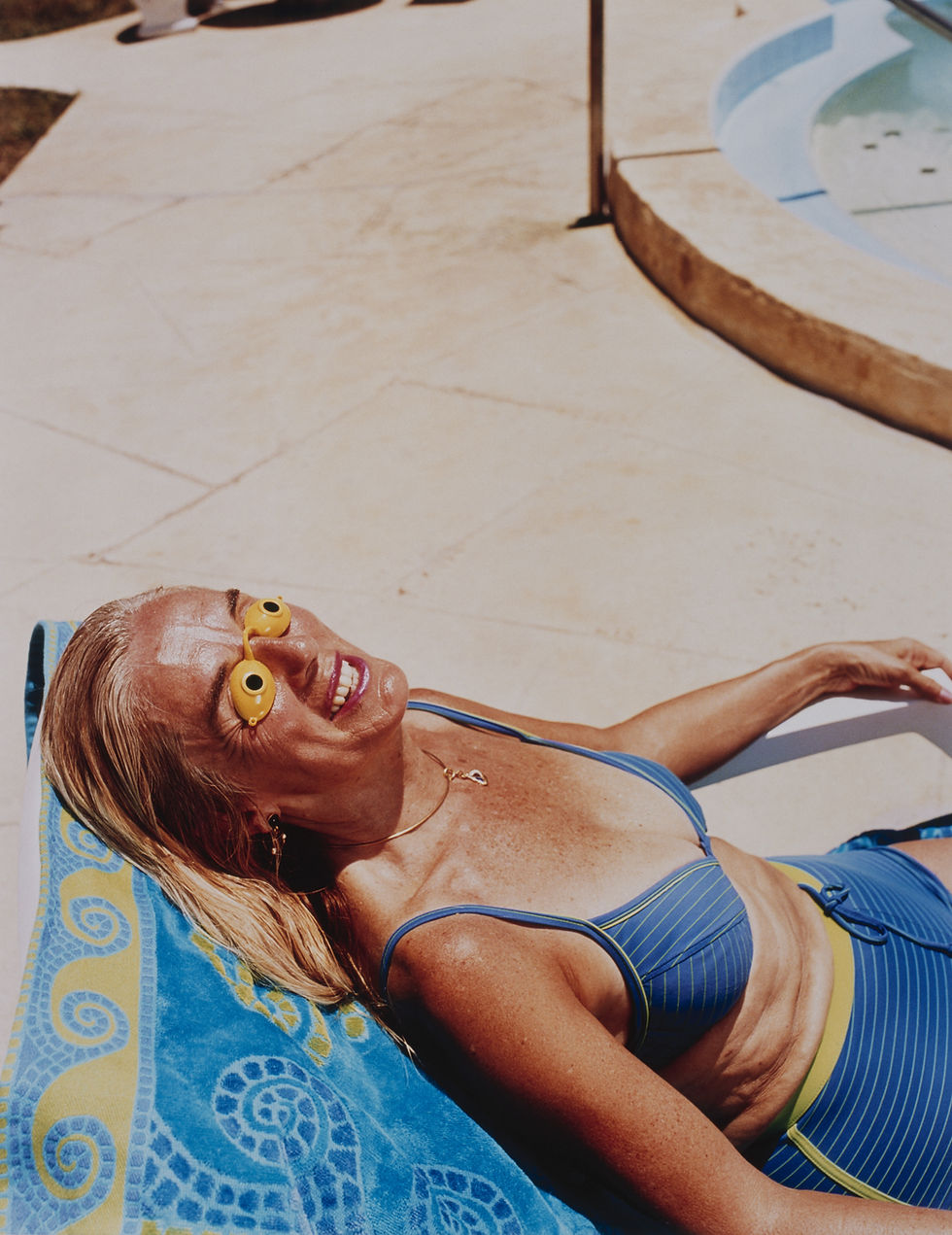
Summer. Warm weather. Vacations. Longer days of sunlight and more time spent outdoors. What do all these have in common? More sun exposure. When you are in the sun for longer periods of time, you are also exposed to the ultraviolet radiation that increases your risk for skin cancers, such as melanoma.
“But I never burn!”
“I’m have a dark complexion, so I don’t need to work about that.”
“I use the tanning bed for my base tan, and then I’m safe.”
Unfortunately, these myths continue to circulate. Skin cancer is the number one cancer in the United States and is gaining popularity worldwide. Even sunburns during childhood can increase your risk for skin cancers.
However, there are ways to enjoy the sun this summer.
· Make sure you are wearing sunscreen, and that you are applying an adequate amount. This is not the time to worry about saving money. You should also reapply every 2-3 hours, more often if you are sweating or swimming.
· Clothing is also a great way to protect your skin, but keep in mind that some articles of clothing may offer minimal sunscreen protection. Sunlight can get through clothing, so if you’re planning to be outdoors in a light, white tee shirt, it’s best to apply sunscreen before you get dressed. There are clothes that are sold as sun protective, so for longer periods outdoors, these are a great option.
· What time of day are you enjoying the sun? Try to avoid being in the sun during peak sunny hours of 11 am to 3 pm.
· Shade is nice, but remember that sunlight (and harmful rays) can bounce off that pool you’re lounging next to.
· Don’t mistake “cloudy” for “sunscreen”. You can still get sun exposure on cloudy days and should wear sunscreen as if you were enjoying a sunny day. In fact, because you may be cooler than if it were sunny, you may need to be more diligent about applying sunscreen.
Keep in mind, you are at a higher risk for developing a skin cancer if you have had a skin cancer yourself or a family history of this, you are immunocompromised, such as from an organ transplant, you are on certain medications that make you sun-sensitive, you use a tanning bed, or you have greater than 50 moles.
Be diligent about keeping up with your sunscreen and your sun exposure. The busy summer season can be stressful without the added worries of sunburns or skin cancers to think about.
References:
Jones, O. T., Ranmuthu, C. K. I., Hall, P. N., Funston, G., & Walter, F. M. (2020). Recognising Skin Cancer in Primary Care. Advances in therapy, 37(1), 603–616. https://doi-org.proxy.library.vanderbilt.edu/10.1007/s12325-019-01130-1
Robinson JK, Jablonski NG. Sun Protection and Skin Self-examination and the US Preventive Services Task Force Recommendation on Behavioral Counseling for Skin Cancer Prevention. JAMA. 2018;319(11):1101–1102. doi:10.1001/jama.2018.0163
Woo, Y. R., Cho, S. H., Lee, J. D., & Kim, H. S. (2022). The Human Microbiota and Skin Cancer. International journal of molecular sciences, 23(3), 1813. https://doi-org.proxy.library.vanderbilt.edu/10.3390/ijms23031813
Here comes the sun, so watch out! You probably need to use more sunscreen -- and other tips about sun protection you may not know. (2003). Harvard Health Letter, 28(8), 1–2. Assessed and Endorsed by the MedReport Medical Review Board
